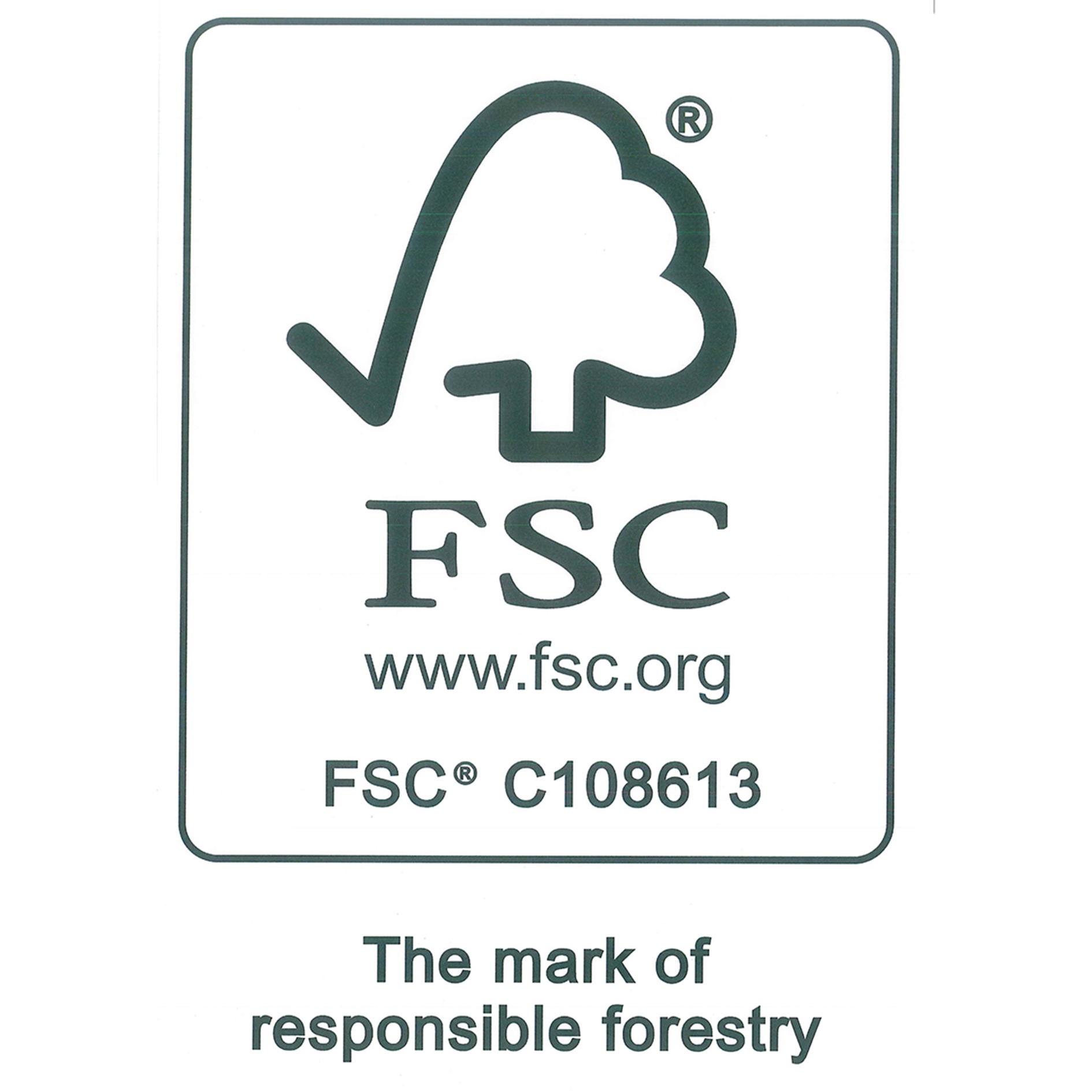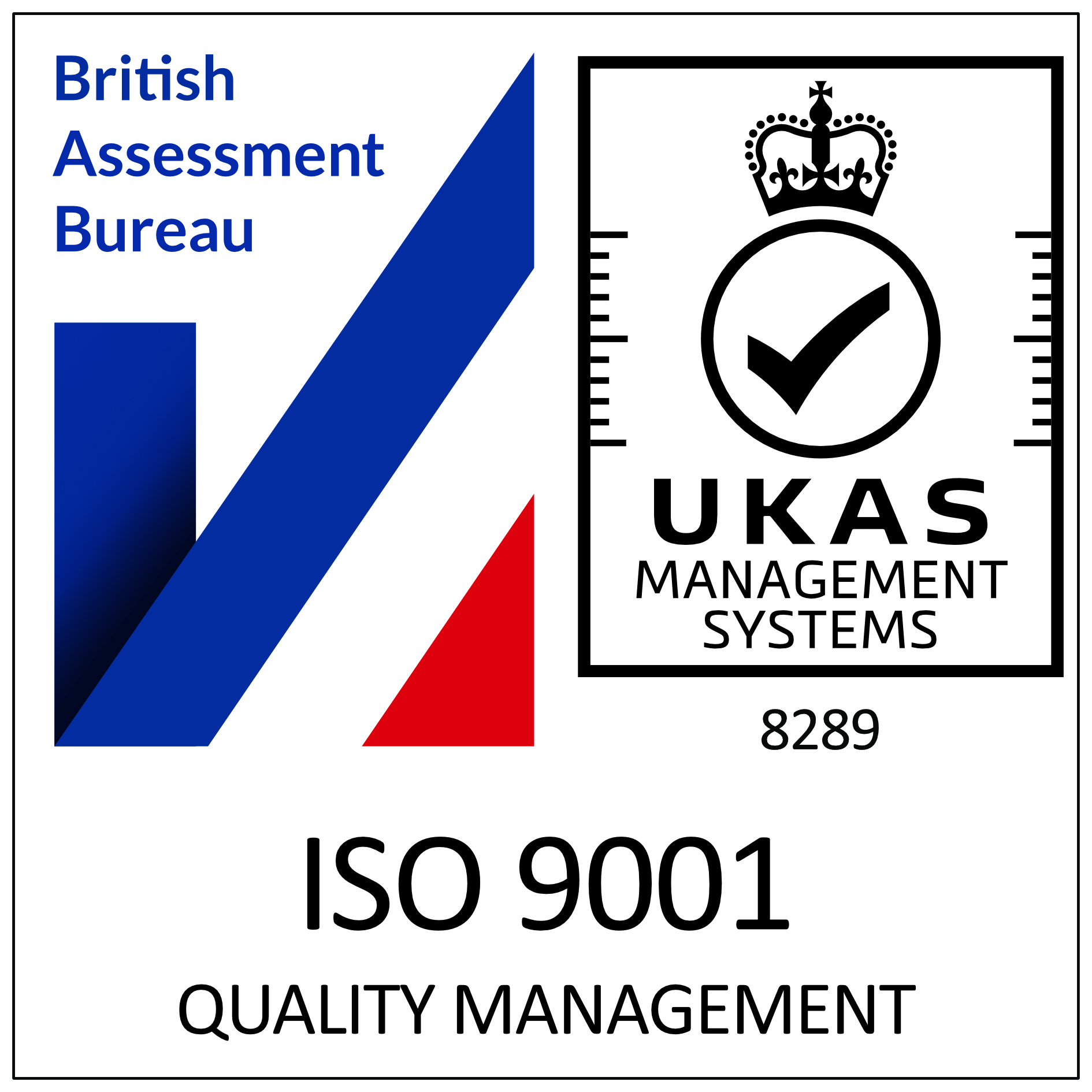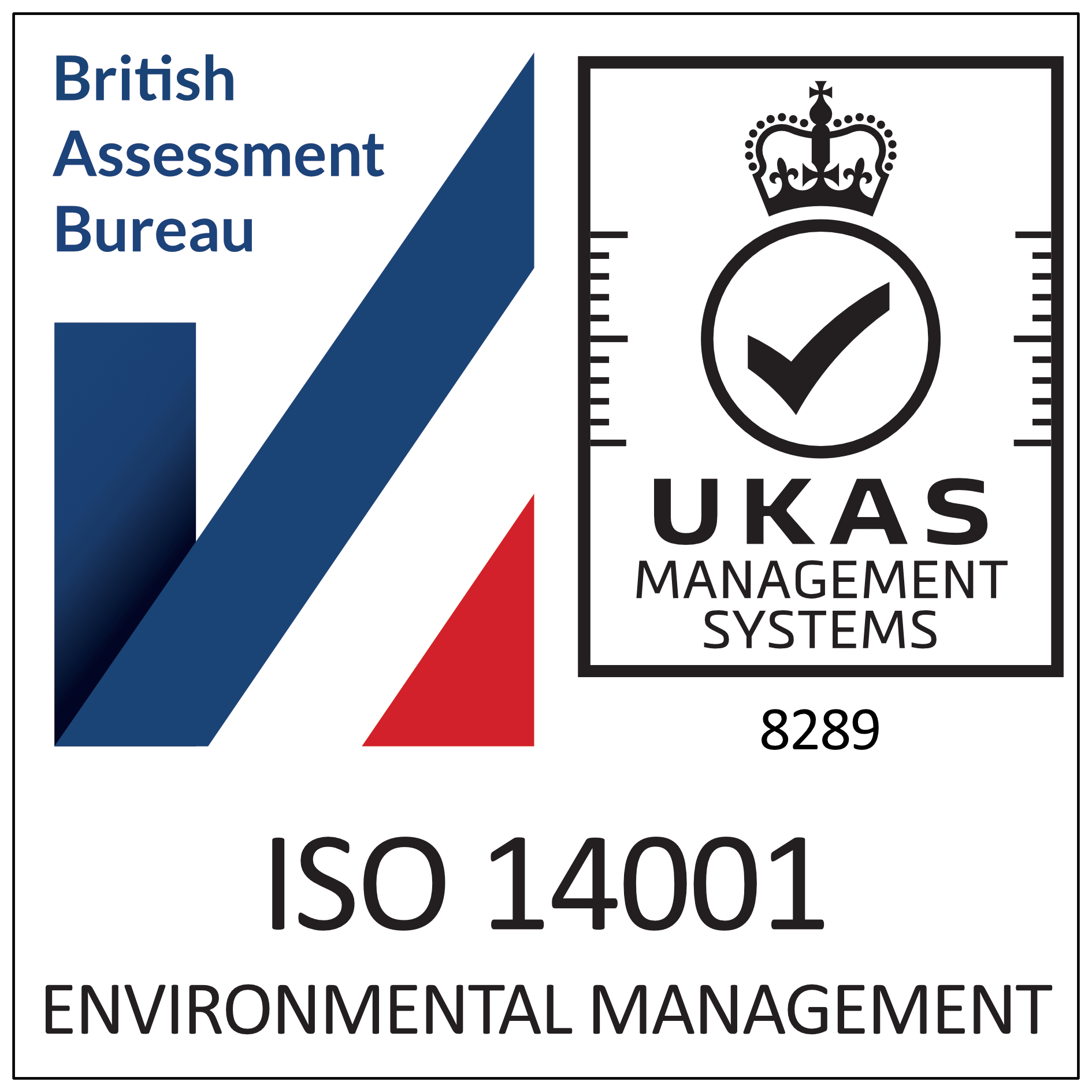Common fire hazards for facilities managers
All public and commercial environments, along with many residential premises, will have a designated ‘responsible person’ whose duty it is to consider the coordination of people, space and equipment within those premises.
This person is the facilities manager, and part of their remit in this role is the health and safety levels within these building including, of course, fire safety management. In order to effectively manage this fire safety aspect, the facilities manager must be aware of all potential fire hazards – here are some aspects they should consider:
The Most Common Fire Hazards
Kitchen and cooking areas
An obvious fire danger area – most facilities managers will be responsible for premises that contain kitchens or cooking areas, whether it be in a residential building, a healthcare institution or a hospitality venue. Open flames, cooking materials, such as oils and fats, and ineffective ventilation facilities can all be causes of fire outbreaks – especially when you factor in the potential for human negligence!
Refuse
A build-up of rubbish bags and refuse are common causes of a fire outbreak – failure to regularly empty bins and remove rubbish bags presents a danger with many potentially flammable items and materials left unattended.
Electrical equipment
Most public and residential buildings will have many electrical appliances in regular use – buildings such as office premises, gyms and leisure centres will have such equipment that, if incorrectly used or not maintained properly, will pose a constant safety threat. All electrical equipment should adhere to the minimum stated safety standards and be subject to regular testing.
People
Any person living in a residential building, or using public or commercial premises, has a responsibility to adhere to the fire prevention guidelines for these environments. Smoking only in specially designated areas, not overloading electrical sockets or appliances and taking care whilst using kitchen equipment are all typical responsibilities of the individual – the responsible facilities manager needs to ensure that the occupants of the building are made fully aware of these responsibilities as well as of any fire safety and evacuation procedures.
Fire safety precautions
Fire Risk Assessment
All commercial environments must, by law, undertake a thorough fire risk assessment – this procedure should identify and highlight any potential hazards and therefore put procedures in place to remove the fire threat.
Ventilation
In any kitchen environment ensure that all ventilation is fully operable and maintained to the highest standards – they should be clear of any grease build-up and dust at all times.
Fire Doors
All of these environments should be fitted with commercial fire doors. Professionally designed and manufactured commercial timber doors are specifically constructed to meet all of the often complex fire door regulations and specifications to offer the maximum safety in the event of any fire outbreak. These commercial fire doors help prevent the spread of any flames and the potentially life-threatening fumes that accompany any fire outbreak and buy precious time for evacuation of any building in the event of fire.
Fire fighting apparatus
Facilities managers should ensure that all premises under their responsibility are fully supplied with the appropriate fire identification and fire-fighting equipment – fire alarm systems, the correct specialist fire extinguishers and fire blankets should be present and easily accessible to occupants at all times.
Electrical appliance testing
Residential buildings and office premises, amongst other buildings, should have regular electrical equipment testing to the required standard – getting a professional electrician to carry out PAT testing on all electrical appliances and sockets is recommended to maintain safety levels.
The role of facilities manager will vary across the different building environments and types of premises, as will the potential nature and type of fire hazard – it the responsibility of the facilities manager to ensure that the relevant fire risk assessment is performed, and the ensuing safety recommendations are implemented and maintained in order to offer the best fire hazard prevention and protection.
Enfield Doors
Our team of experts is always on hand to guide you and give you sound and pragmatic advice based on years of experience and successful installations.
If you would like further information on our company please click here, or please contact us and we will respond as quickly as possible. We look forward to helping you.








